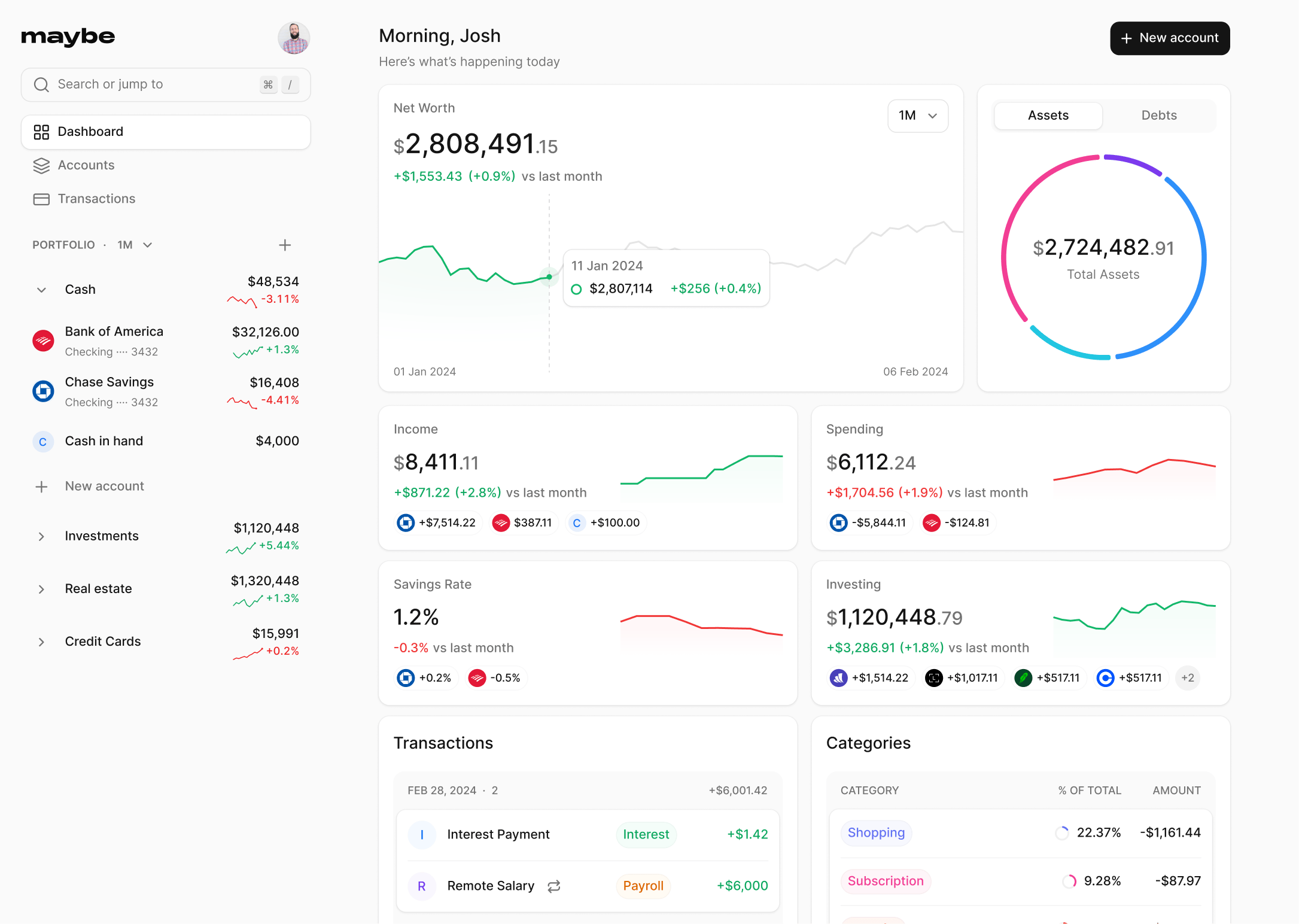Financial Terms / A - B / Broker
Broker
A broker is a professional or firm that acts as a middleman connecting buyers and sellers of various securities such as stocks, bonds, commodities, etc. Stock exchanges such as the New York Stock Exchange (NYSE) or the NASDAQ require licensed entities to execute trades. Brokers and brokerage firms possess the required licenses and can execute trades on your behalf.
Discover more financial terms
Join the Maybe  waitlist
waitlist
Join the waitlist to get notified when a hosted version of the app is available.
